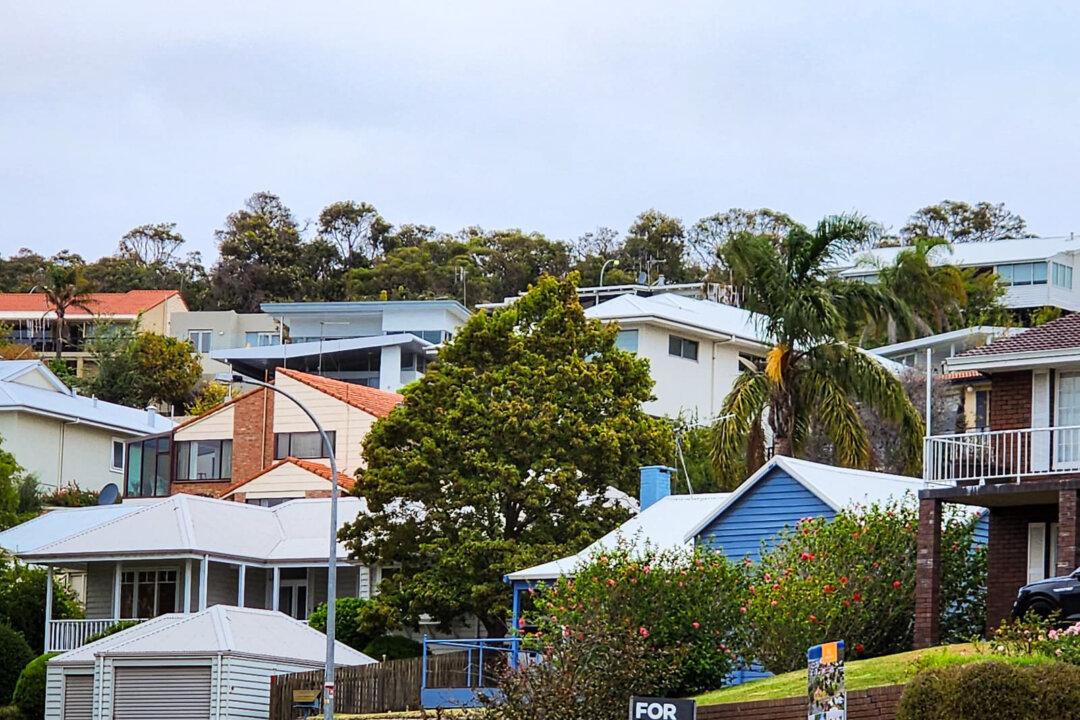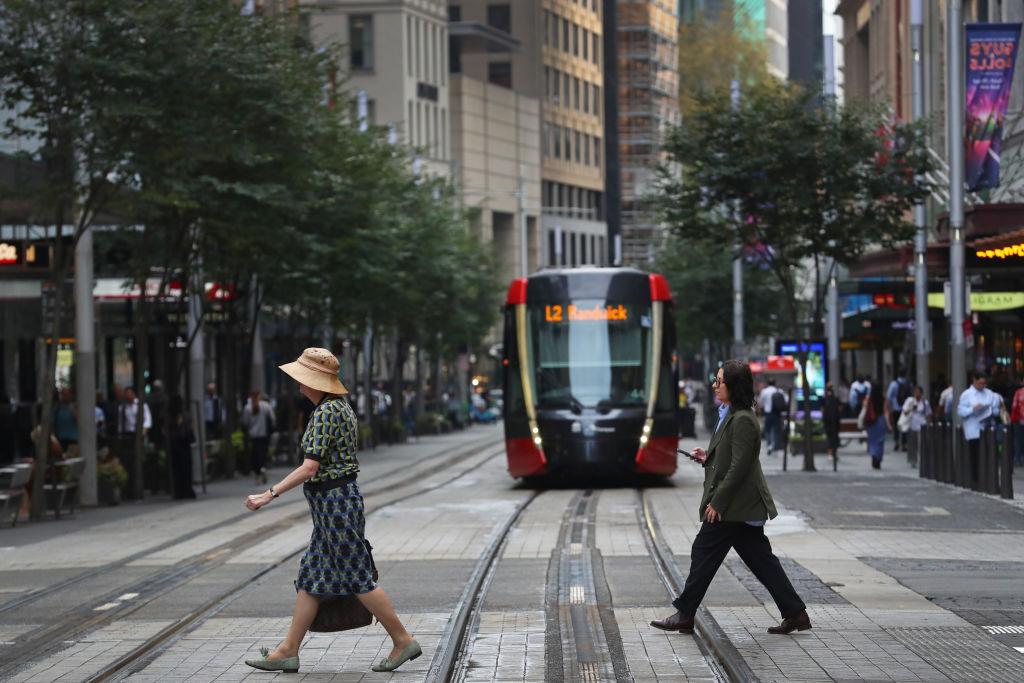Addressing the imbalance between housing supply and demand “will not be a quick fix” despite government initiatives to construct new dwellings, according to Reserve Bank of Australia (RBA) Assistant Governor Sarah Hunter.
In a speech to the REIA Centennial Congress on May 16, Ms. Hunter cited problems in the housing construction industry, which had faced a “perfect storm” of constrained activity these previous years.




